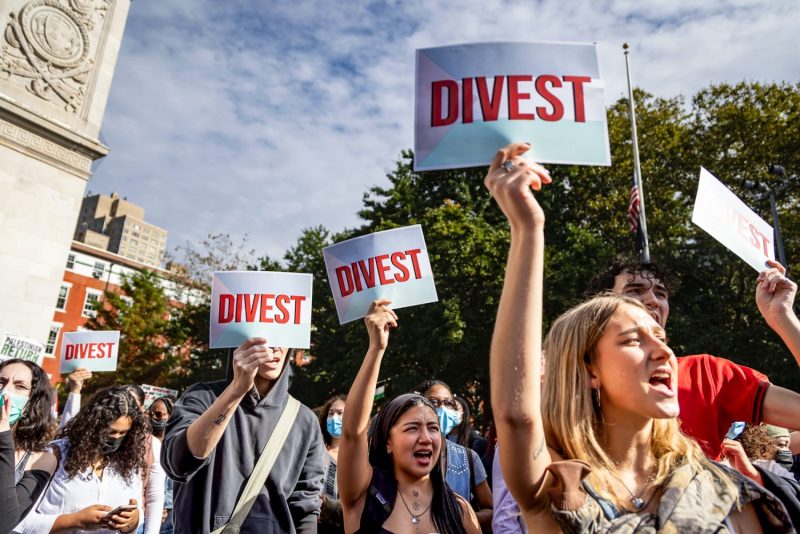In recent times, college students across the United States have increasingly been advocating for their universities to divest from ties to Israel. This call for divestment stems from a desire to address the Israeli-Palestinian conflict and stand in solidarity with the Palestinian people in their struggle for justice and human rights. Divestment campaigns on college campuses have gained momentum, sparking debates and discussions about the significance and implications of such actions.
Divesting from ties to Israel primarily involves universities withdrawing financial investments or partnerships with companies that have business dealings in or with Israel. The rationale behind this movement is to pressure Israel to change its policies towards Palestinians, particularly in areas such as human rights violations and the occupation of Palestinian territories. By divesting, students aim to take a stand against what they perceive as injustices committed by the Israeli government.
However, the call for divestment from Israel is not without controversy. Proponents of divestment argue that it is a peaceful and impactful way to express solidarity with oppressed communities and hold governments accountable for their actions. They believe that by targeting the economic interests of Israel, they can catalyze change and shed light on the human rights abuses in the region.
On the other hand, opponents of divestment view such actions as misguided and counterproductive. They argue that divestment campaigns oversimplify a complex geopolitical conflict and fail to consider the broader implications of severing ties with Israel. Some critics also contend that divestment may not be an effective tool for promoting peace and dialogue between Israelis and Palestinians.
For universities, the decision to divest from ties to Israel is not a straightforward one. It requires weighing ethical considerations, financial implications, and the potential impact on relationships with various stakeholders. University administrations are often caught in the middle of the debate, facing pressure from students, faculty, alumni, and external entities to take a stance on the issue.
In response to the growing demand for divestment, some universities have chosen to engage in dialogue and establish mechanisms for addressing concerns related to human rights and social responsibility. These institutions have implemented policies that promote ethical investing and sustainability practices while considering the complexities of divestment campaigns.
As the debate surrounding divestment from Israel continues to unfold on college campuses, it underscores the power of student activism and the importance of engaging in critical conversations about social justice and global conflicts. While the path to divestment may be fraught with challenges and disagreements, it fosters a culture of accountability, awareness, and advocacy for change. Whether universities choose to divest from ties to Israel or not, one thing remains clear – the voices of students are instrumental in shaping the discourse on human rights and social responsibility in higher education.
